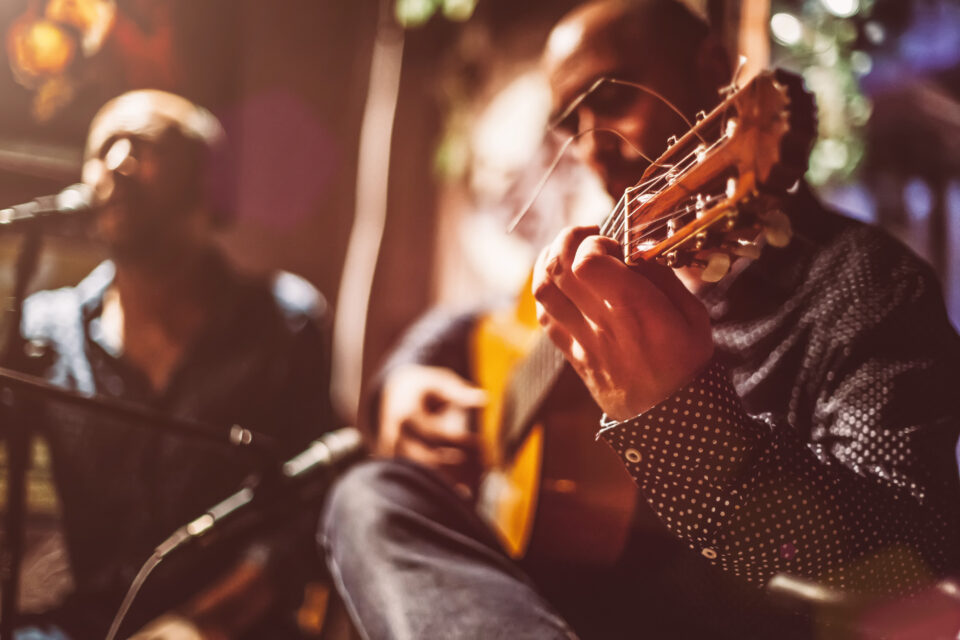If you’ve ever walked into a restaurant and heard your favorite song playing in the background, it’s probably because that restaurant paid for a licence to play it. Until now, one of the biggest companies giving out these licences in India was Phonographic Performance Limited, or PPL. But a big change has just been announced.
On Tuesday, the Delhi High Court ruled that PPL is not allowed to issue licences for playing music in public places like restaurants, cafes, and bars. Why? Because PPL is not a registered copyright society, which means it legally can’t run a licensing business under the Copyright Act, 1957. This ruling came from a two-judge bench—Justice Hari Shankar and Justice Ajay Digpaul—and, as reported by Bar & Bench, it marks a major shift in how music licensing is handled in India. Let’s break it down.
PPL is a company that works with hundreds of music labels. It owns the rights to over 4 million songs, both Indian and international. It collects licence fees from places like hotels, clubs, and restaurants that want to play music, and, in return, gives them legal permission to do so. Back in 2022, PPL filed a case against Azure Hospitality, which runs restaurants like Mamagoto, Dhaba, and Sly Granny. They said Azure was playing music that belonged to PPL without taking a licence or paying any fees. PPL claimed that because music labels had given them the rights to these songs, they were allowed to license them as the owner.
At the time, a single judge agreed with PPL. That judge ruled that PPL could issue licences as a copyright owner, even if they weren’t officially registered as a copyright society. He believed the law didn’t stop copyright owners from giving out licences individually. But Azure didn’t accept this. They said the law was clear: if a company wants to be in the business of giving licences to others, it has to be registered under Section 33 of the Copyright Act. Otherwise, it’s not legal.
This week, the Division Bench sided with Azure. The judges made it clear: just owning music doesn’t mean you can run a licensing business. According to Section 33 of the Copyright Act, only registered copyright societies are allowed to issue licences for public performance of music. The Court also warned that allowing unregistered companies like PPL to keep doing this would create confusion in the system, lead to overlapping licences, and possibly double-charge restaurants and event venues. More importantly, it would go against the legal structure meant to protect the rights of artists, songwriters, and labels. This ruling could shake up how public performance licences are managed in India. It puts the spotlight back on questions of who really owns the music we hear in public spaces, how artists get paid when their songs are played, and how venues should go about getting licenses legally. It may even push for long-overdue reforms in how music rights are tracked, enforced, and shared across the industry.
But this doesn’t mean restaurants can start playing songs for free. The Court clearly said that restaurants still need to pay to use copyrighted music, but they must do it through legal channels. In this case, Azure has been told to pay an amount equal to what they would’ve paid to Recorded Music Performance Ltd., another company that is legally allowed to issue such licences. This decision could have a major impact on how the Indian music industry works going forward. It raises new questions about how rights are assigned, how artist royalties are tracked, and who has the power to give permission for music use in public spaces.
For PPL, this could mean one of two things: either they apply to become a registered copyright society again (they were one until 2014), or they may have to stop issuing licences completely. For restaurant owners, this ruling gives a bit more clarity. No more guessing which licence is valid, or paying two companies for the same songs. And for everyday listeners, nothing changes on the surface. You’ll still hear music when you go out to eat—but now, the way that music gets there is going to be a lot more regulated.
















Leave a Reply